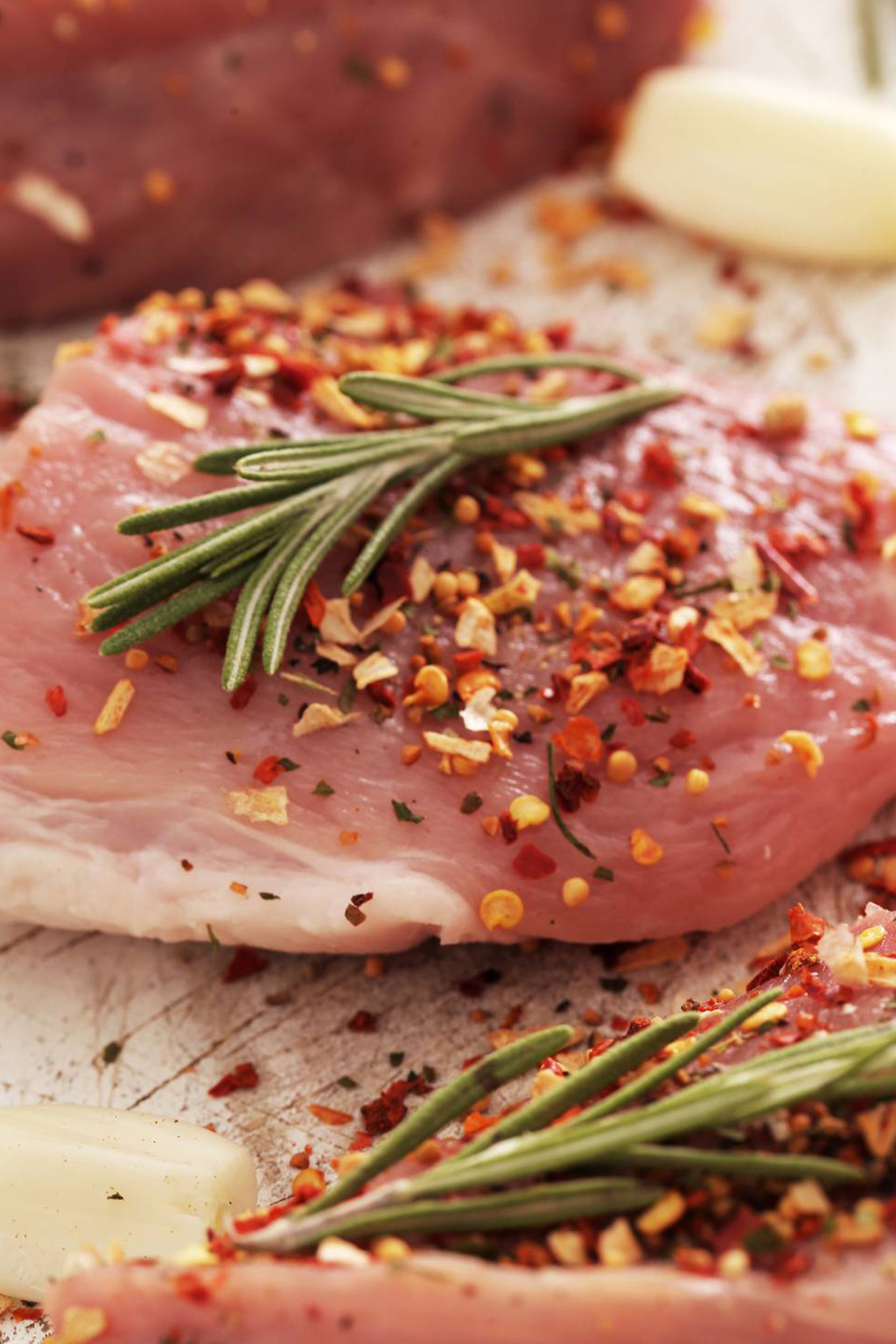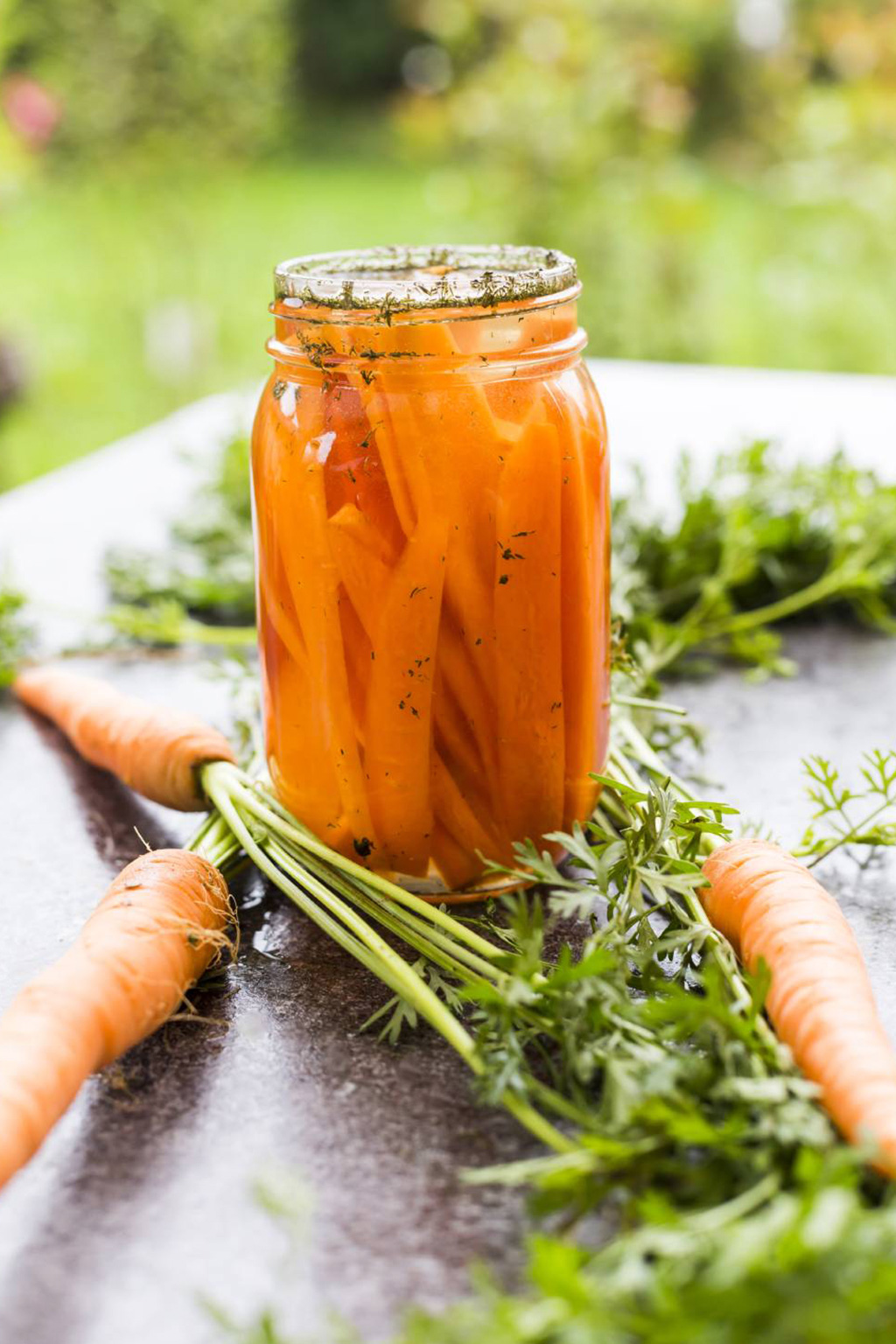Here are some healthy kitchen tips that you must have up your sleeve:
Choose your oils wisely:
Oils are an important cooking ingredient and are used in the preparation of almost every dish. An unhealthy choice of oils can increase the risk of developing cardiovascular disease, cholesterol problems, and obesity and therefore must be picked carefully. One must also be mindful of the portion of oil being used to avoid excessive consumption.
Stack ‘em well:
Your refrigerator is the storeroom of all perishable food items. Stack your refrigerator well to ensure health and food safety. Always cover cooked meals before storing them, store each item in different containers, separate the fruits, vegetables, and meats before storing them, and avoid storing food in the refrigerator for too long. Unorganised and unhealthy storage methods can cause the germination of harmful germs, make the food lose essential nutrients, and destroy its texture.
Be careful with the seasonings:
Seasoning and dressings are often added to dishes for flavour enhancement. However, various commercially manufactured seasonings, dressings, and condiments come with unhealthy amounts of preservatives, salt, and sugar. This calls for mindful usage of ingredients such as salt, sugar, oregano, ranch dressing, ketchup, and cheese spreads. As a healthier alternative, it is advised to use homemade dressings, seasonings, and condiments.
Take care of other essentials and cooktops:
Cooktops, cutting boards, dishcloths, and tablecloths must always be taken care of as they are most vulnerable to germination of bacteria, fungi, and other harmful germs. Cooktops and cutting boards must be cleaned and disinfected regularly. Dishcloths and tablecloths must be changed and washed daily. Also, separate cutting boards must be used for vegetarian and non-vegetarian foods.
Store your meat well:
How you store your meat is important where health is concerned. Your freezer is capable of storing frozen meat, however, it is not as powerful as a deep freezer which puts the meat at risk of going bad if not consumed soon. Make sure that you store your meat in a dry and cold space after properly sealing it in a container. Also, consume it within a period of 7 days.




